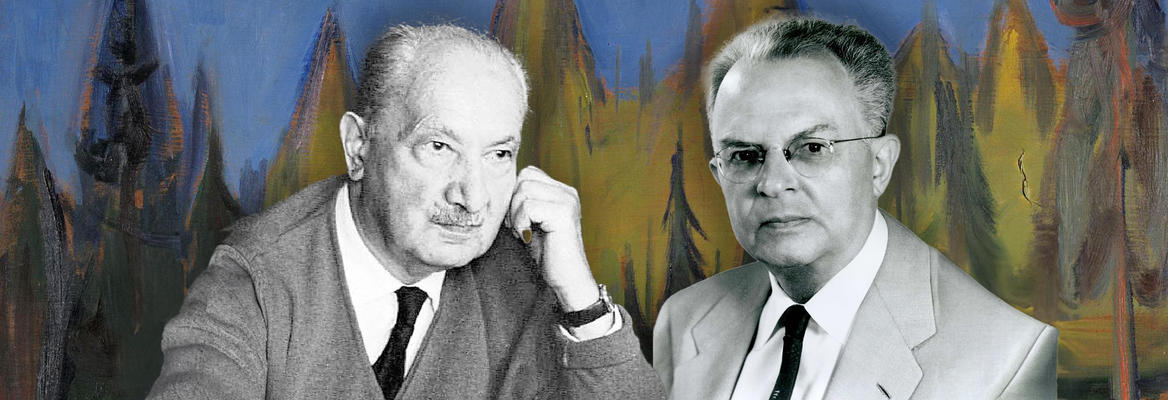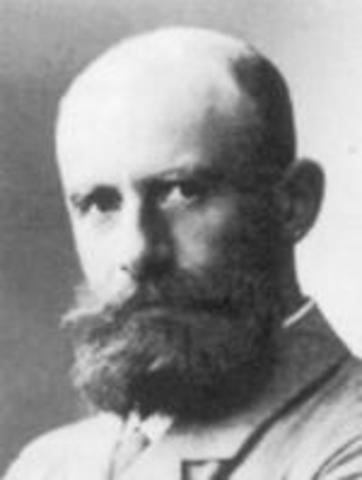Heidegger and Carnap famously argued over whether metaphysics has any real content or is meaningless nonsense. Carnap called metaphysicians “musicians without musical ability” and thought science could give us the answers to all meaningful questions. But Heidegger insisted that metaphysics is needed to answer some of our deepest questions, like why there is something rather than nothing and what silence can teach us about the nature of ‘nothing’, writes Roy Sorensen. In his 1932 inaugural address “What is metaphysics?”, Martin Heidegger ends: “Why are there beings at all rather than nothing?” There followed a respectful silence. Did Professor Heidegger’s audience hear the silence? Or did they just fail to hear anything? Rudolph Carnap, as a logical empiricist, defers to the physicists of his era: We hear only sound. Silence is the absence of sound. Therefore, no one hears silence. Martin Heidegger thinks physics must defer to metaphysics. Metaphysics…
Read the full article which is published on IAI TV (external link)







